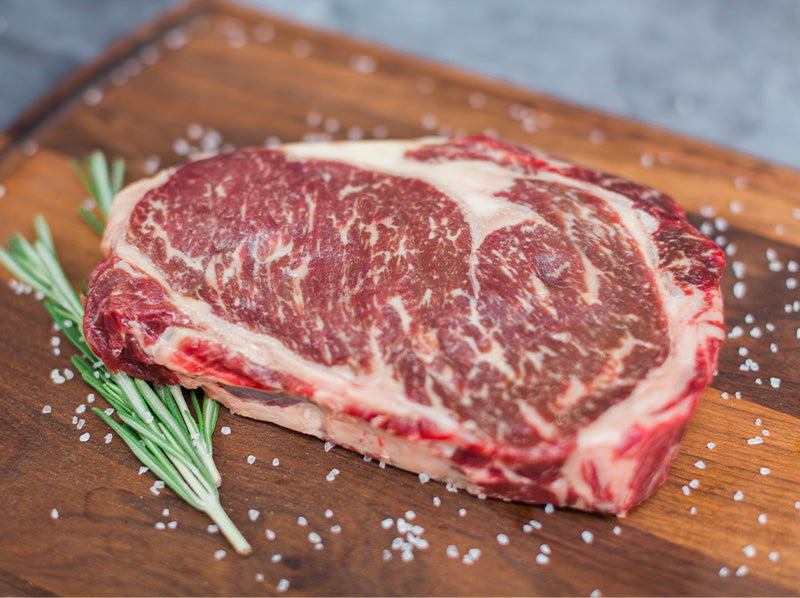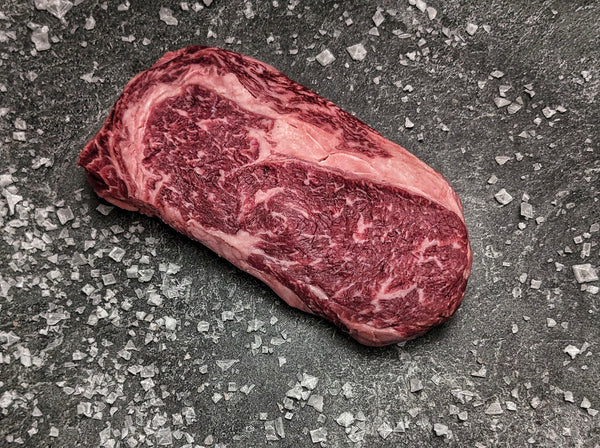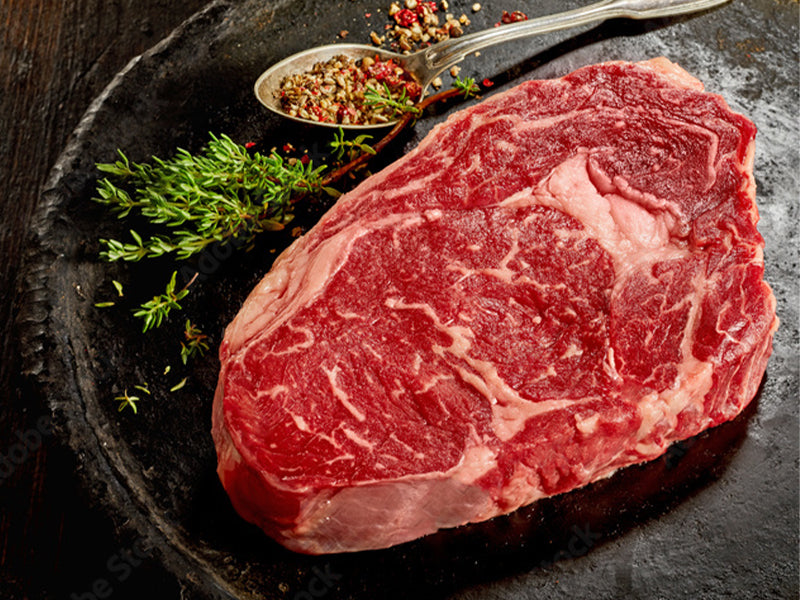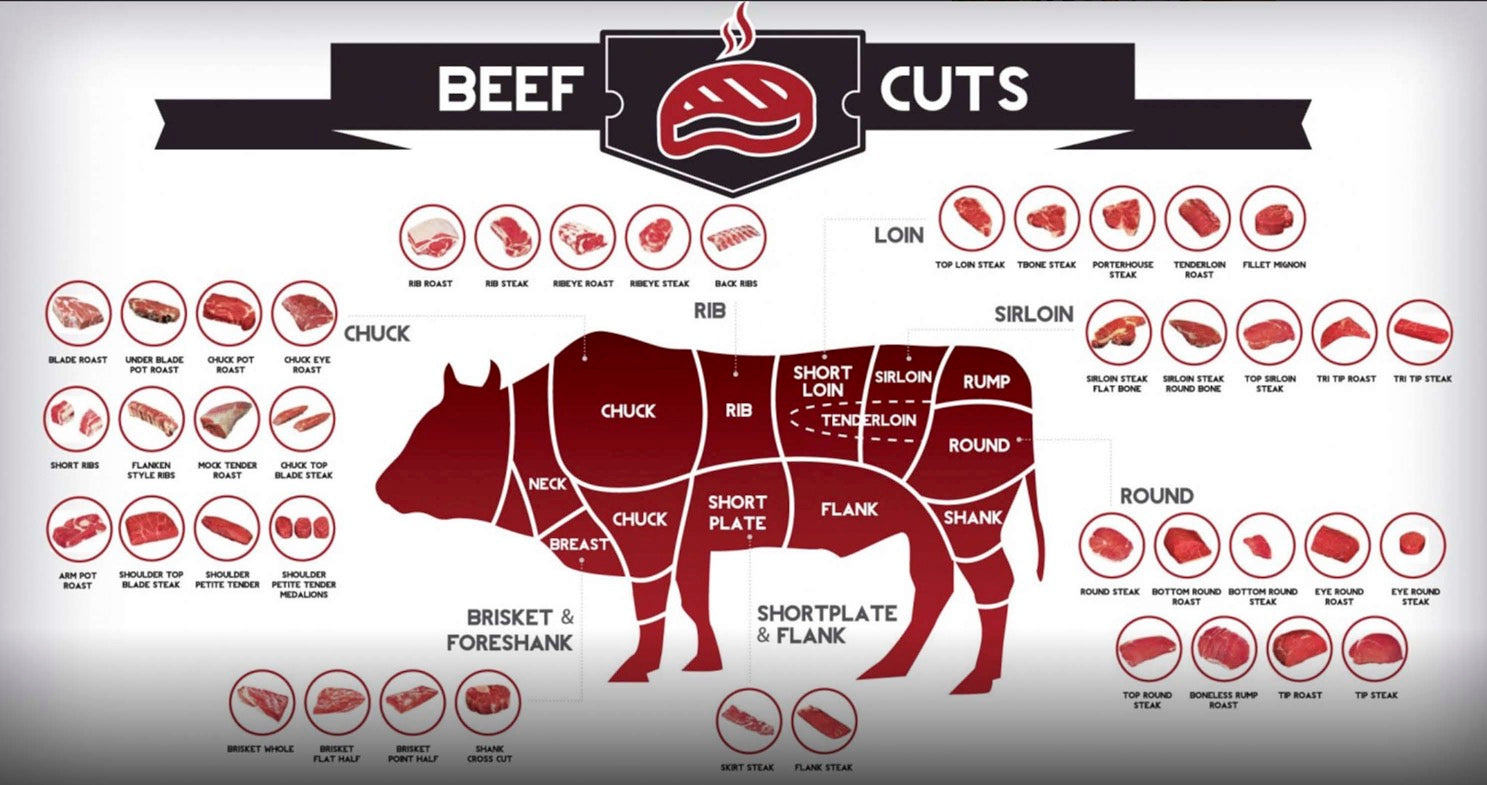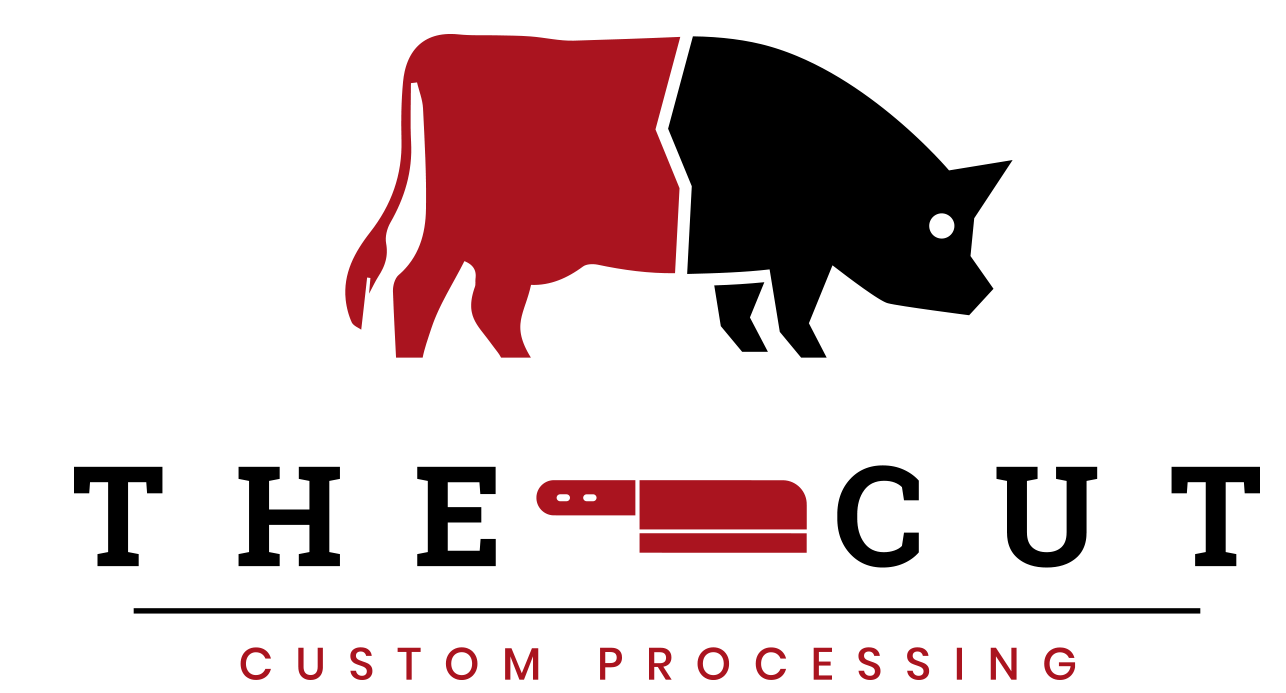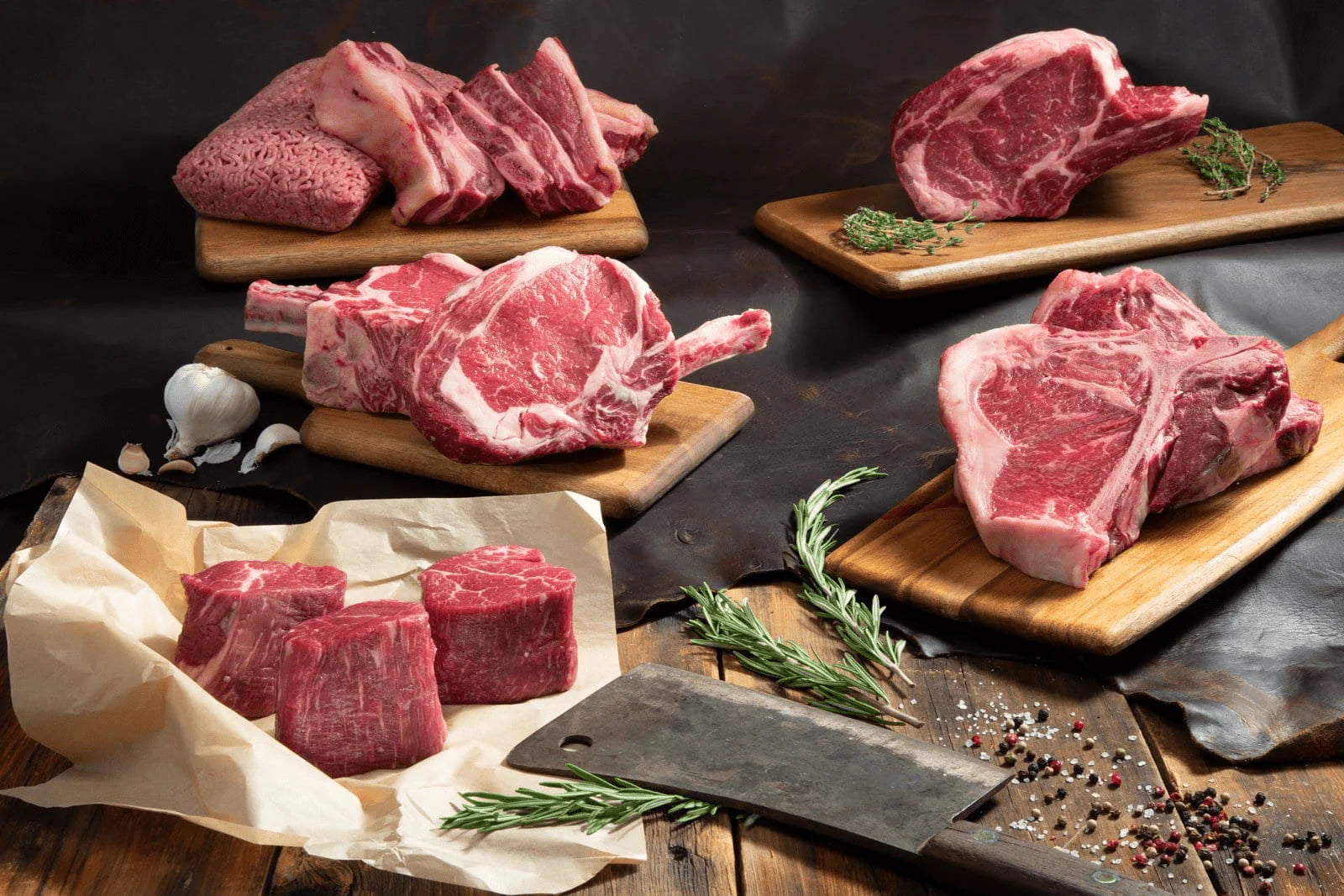Introduction
Wagyu beef, often heralded as the pinnacle of gourmet dining, is celebrated for its unparalleled marbling, tenderness, and rich flavor. Originating from Japan, Wagyu has captivated the palates of meat connoisseurs worldwide, including in the United States. But what makes Wagyu beef so special and expensive? In this blog post, we'll explore the history of Wagyu beef's arrival in the USA, the reasons behind its high cost, and how it is priced in the American market.
The History of Wagyu Beef in the USA
Origins in Japan
Wagyu beef comes from four main breeds of Japanese cattle: Japanese Black, Japanese Brown, Japanese Shorthorn, and Japanese Polled. The term "Wagyu" literally means "Japanese cow." These breeds are renowned for their genetic predisposition to intense marbling and high-quality meat.
Introduction to the USA
Wagyu cattle were first introduced to the United States in the 1970s, primarily for crossbreeding purposes to enhance the quality of American beef. However, it wasn't until the 1990s that purebred Wagyu genetics began to gain more traction among American ranchers. This period saw a handful of American breeders importing Wagyu cattle and embryos, aiming to produce authentic Wagyu beef domestically.
Regulatory Challenges
The importation of Wagyu cattle faced stringent regulations and restrictions, especially after Japan declared its cattle a national treasure, banning further exports. These regulatory challenges limited the supply of Wagyu genetics in the USA, adding to the exclusivity and rarity of authentic Wagyu beef.
Why Wagyu Beef is So Expensive
1. Unique Genetic Traits
Wagyu cattle have unique genetic traits that result in their exceptional marbling. This marbling, the intramuscular fat that creates a buttery texture and rich flavor, is what sets Wagyu apart from other beef. The meticulous breeding process to maintain these traits contributes to the high cost.
2. Intensive Rearing Practices
Raising Wagyu cattle requires more time, effort, and resources compared to conventional beef cattle. Wagyu are often reared in stress-free environments, with special diets that may include grains, beer, and even massages to ensure the meat remains tender and flavorful. These labor-intensive practices are reflected in the price.
3. Limited Supply and High Demand
The limited supply of purebred and full-blood Wagyu cattle in the USA, combined with the growing demand for this luxurious beef, drives up prices. The exclusivity of Wagyu beef creates a premium market where consumers are willing to pay significantly more for the superior quality.
4. Regulatory and Import Costs
Strict regulations surrounding the import of Wagyu genetics and the high cost of importing embryos or live cattle from Japan contribute to the overall expense. These additional costs are passed down the supply chain, ultimately impacting the price consumers pay.
Pricing of Wagyu Beef in the USA
Grading and Classification
Wagyu beef in the USA is often graded based on the Japanese system, which considers marbling, color, texture, and fat quality. The highest grade, A5, denotes the pinnacle of Wagyu beef quality, with intense marbling and superior flavor. American Wagyu, typically a crossbreed between Wagyu and Angus cattle, is also highly prized but may be graded on a different scale.
Market Prices
The price of Wagyu beef varies significantly based on its grade and source. Authentic Japanese A5 Wagyu can cost between $200 to $300 per pound or more, while American Wagyu, which is still of high quality but often less marbled, can range from $50 to $150 per pound. These prices reflect the labor-intensive rearing practices, the rarity of the product, and the high demand among consumers.
Factors Influencing Price
- Source: Japanese-imported Wagyu tends to be more expensive than American-raised Wagyu due to import costs and higher quality grading.
- Grade: Higher grades (like A5) command premium prices compared to lower grades.
- Cuts: Premium cuts like ribeye and tenderloin are priced higher than less popular cuts.
- Retailers: Specialty stores and high-end restaurants often mark up Wagyu beef to reflect its luxury status.
Wagyu beef's journey to the USA is a testament to the dedication of breeders and the high standards required to produce this exceptional product. Its unique genetic traits, intensive rearing practices, limited supply, and high demand contribute to its lofty price tag. For those willing to indulge, Wagyu beef offers an unparalleled culinary experience, making it a coveted item in the world of gourmet dining.
As consumers become more discerning and appreciative of high-quality meat, Wagyu beef continues to hold its place as a symbol of luxury and gastronomic excellence. Whether you're savoring an A5 Wagyu steak or enjoying a flavorful American Wagyu burger, the experience of tasting this exquisite beef is well worth the investment.

